Guido Bellido, new Prime Minister of Peru, in Lima on August 4, Leslie Searles
A middle-aged man surfing the Internet is most likely to procrastinate. The least probable thing is that in one of those moments of distraction the flow of the history of your country will change. But that is exactly what Guido Bellido, leader of Peru Libre, a radical left-wing minority party from the provinces, did two years ago. The leader of that formation, a neurosurgeon named Vladimir Cerrón, could not appear in the presidential elections of 2021, as was his dream, due to a corruption conviction that disabled him. Those days the party was looking for another replacement candidate, someone with charisma who could attract the vote, when Bellido went to browse the website of another political group. In their lists appeared, very low, a certain Pedro Castillo Terrones.He remembered a fierce trade unionist who two years earlier had staged a strike by school teachers. He interviewed him, was convinced, and raised the possibility with Cerrón. "It's the man!" They said to themselves. Bellido then called Castillo by phone to announce something: "You can be the president of the Republic of Peru."
More information
The appointment of a radical as prime minister scares the moderate profiles of the Castillo government
The 30 hours in which the Government of Pedro Castillo faltered
The rest is a familiar story. During the first round of the campaign, Castillo traveled almost the entire country, from place to place. At first it hardly congregated people, but little by little his name began to be heard. He showed himself as a humble man, who lived in a small village in the Andes, who wanted to transform the country and rescue the poorest. In Lima it went unnoticed. The elites did not detect it. That is why it was surprising when it was the most voted, with just over 19% of the ballots. In the second round he faced Keiko Fujimori. Castillo was more moderate at that time, he allowed himself to be advised by a more practical left. Winning the election by the minimum in an atmosphere of absolute tension, the new president was conciliatory in his inauguration, with several nods to the stability of the country.He thus reassured those who saw his victory as a danger to democracy.
Peru welcomed the message with optimism.
The state of satisfaction lasted 24 hours, until he named Bellido, the person who had found him online, as a strong man in his Cabinet.
The moderates interpreted the movement as an indirect way of putting Cerrón in the Cabinet, as a kind of old debt that was now being collected.
The problems of the entire nation are now piling up on Bellido's desk in his office, in a historic building in downtown Lima.
The portraits of his ancestors hang on the walls of the corridors.
Three silver chandeliers fall from the ceiling of the room where the interview is to take place.
He arrives sweaty, somewhat embarrassed, but when he sits down and begins to speak, he seems to have all the time in the world.
Guido Bellido during an interview on August 4, 2021. Leslie Searles
Question.
When you proposed the candidacy of Castillo to Cerrón, did it ever cross your mind that Castillo could be president and you could be sitting here right now?
Join EL PAÍS now to follow all the news and read without limits
Subscribe here
Answer.
I never really thought about being a minister.
Q.
At the time you chose Castillo to lead this project, was there talk that someone from Peru Libre would have to occupy the position of Prime Minister?
A.
No way.
That is mercantile, opportunistic thinking.
No, no, never, no personal aspiration.
P.
Castillo had adopted more focused positions in the second round, reaching out to people like Pedro Francke, a renowned economist. They were more focused positions than those of Peru Libre. On the day of the inauguration, he spoke of a certain process of reconciliation after such tough elections. There was a part of Peru waiting for signs. Did you expect a reaction like this after your appointment?
R.
You could not expect a less reaction than we have today knowing that this same sector of the press has wanted to liquidate the electoral process for the second round. They have even wished the death of Castillo and Cerrón. Someone who wants to kill a candidate in the second round is capable of doing what we are seeing today (the opposition talks about removing the president through a legal formula in Congress). And we keep it in mind. We are not surprised by their attitude. But we are prepared to contain any scenario that may arise. Whoever is with the great majority should not fear anything or anyone.
P.
But that discontent was within your own Cabinet.
They couldn't build one with all the ministers.
Francke, from Economy, and Aníbal Torres, from Justice, opposed his appointment.
R.
In reality, greater consensus was lacking.
If they had opposed, right now they would not be as ministers.
We had to clarify a few things.
P.
Cerrón is a shadow president, someone who has even more power than some ministers?
What is your role?
R.
This criticism is a professional construct of marketing specialists that the counterpart, that is, Fuerza Popular (Fujimori party), has hired to take advantage of.
What they make it seem now is that the role of Dr. Vladimir Cerrón Rojas is decisive in Professor Castillo's decision, which is totally false.
Pedro Castillo is a guy who has been developing outside of Cerrón as a politician.
If not, we would never have set for him to be president.
To conceive like this, you would have to have a reasoning process a bit quiet (silly).
Don't you think?
Q.
Yes, it can be.
But is he a counselor?
A.
No. But every citizen and all militants have the responsibility to speak out, to reach their voice.
Is Vladimir Cerrón forbidden to use Twitter, Facebook?
It's the only thing it does.
He expresses some ideas that he has on his social networks.
The press seizes that to hit the government, but they will not be able to.
Because they have to understand that in the first
round
they have already lost and in this second it will be worse.
They will not be able to.
Because we are already in the heart of the town.
Guido Bellido in Lima, Peru, in August 2021. Leslie Searles
Q.
In your first statement as Prime Minister you said you had suffered racism in your own flesh.
How?
R.
I have suffered.
But the biggest discrimination is that the children of the peasants are prohibited from being ministers, from being president of the republic, because that is reserved for a handful of people, for a class.
These insults that they make us are not because it is Guido Bellido, it is because we come from a sector.
You are going to see stronger things these days.
In Peru we bring this cargo.
This is a meeting of cultures, and they have to understand that in this country any citizen who has a DNI has the right to be president of the republic.
Q.
I return to your first statement.
There he speaks of rejection of homophobia or misogyny.
You have had clearly homophobic expressions in social networks.
Who is Guido Bellido: the one who published on social networks or the one who made the statement?
R.
In that I am very honest.
Do you know why Verónika (Mendoza, a more moderate leftist candidate) has not had the results that she had been able to achieve after having 18%?
By forcing into people's thinking.
The Peruvian does not like you to impose on him.
They would never vote for the programs that Verónika proposes.
There are many sectors, I come from a community that we have a certain conception and we greatly value the family.
When one was a university student, we were surprised to see some facts.
It surprised me to see acts that we weren't used to.
Peru at this time is not prepared as a society for such shocking cultural changes.
Q.
What is your roadmap to change the Constitution?
P. It
is necessary to persuade the majority of Peruvians, that they decide.
If in a referendum they decide in a consultation, perfect.
That is democracy.
Respect the will of the majority.
Q.
What if you lose that referendum?
A.
Things continue.
Do you think that if we had lost the elections we would have hung ourselves up?
No, we would continue working and for the next elections we would have arrived prepared.
But we arrived and we are already here.
Q. You
often speak of the role of the media in Peru.
Now that you are in government, are you going to propose some kind of regulation on the media?
A.
That would be counterproductive.
Doing something against them is clumsy and we do not pretend to be clumsy.
Q.
Have you made contacts with other banks so that your appointment is approved?
(In Peru, a majority in Congress is needed to approve a Cabinet).
A.
I am not worried.
I do not do things because they will approve me, that is very opportunistic.
That is individualistic thinking.
Q.
With your victory the progressive axis in Latin America is strengthened, with Mexico, Argentina, Bolivia and now Peru.
A.
No, with our victory humanity is strengthened.
Q.
Have you already spoken with Iván Duque, president of Colombia?
After all, he is an important partner, a neighbor.
R.
I don't know, I don't know much about the president's agenda.
But I have been receiving visits from many embassies.
Yesterday I was visited by the Russian ambassador, the one from Palestine, the ambassador from Benin, the Crimea and others.
They have visited us to make their availability to work with us and to take care of this Government.
This means that at the international level the investiture of Pedro Castillo causes sympathy.
Q.
Have you been aware of the protests?
R.
Yes, and the response of the Government (police violence).
And that must be avoided as much as possible.
To avoid violence you have to put your chest, it has to be done.
P.
And those of Cuba?
R.
It is also important and the Cuban people ... What we also have to see is what motivations are behind it.
Is it really a genuine expression?
Many people want to say that their system of government is not democratic.
Who are we to say that it is not democratic?
If they have determined a government system in autonomy with rulers and they have said this is our democratic system, we must respect it.
Respect goes through respecting self-determination.
P.
As in Venezuela.
R.
As in Venezuela and in all the countries of the world.
Everything happens out of respect.
Q. The
United States has made certain approaches towards you.
How is Peru's foreign policy going to fit in with the relationship with Cuba and Venezuela?
R.
Peru will act in full respect for all countries.
And in autonomy in their decisions.
Let no one take you by the hand and lead you.
Maybe it will take you to the cliff.
Subscribe here to the
EL PAÍS América
newsletter
and receive all the informational keys of the region's current affairs

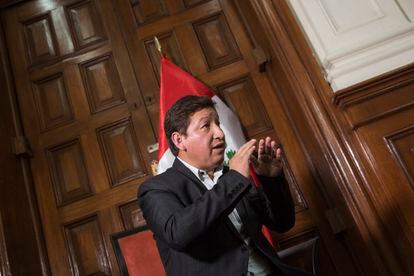
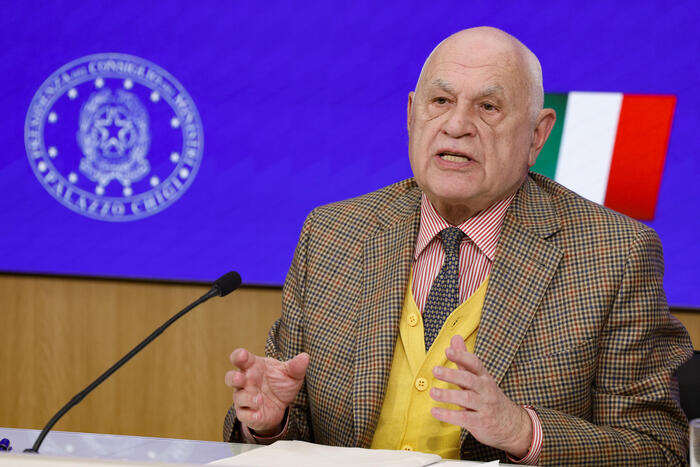

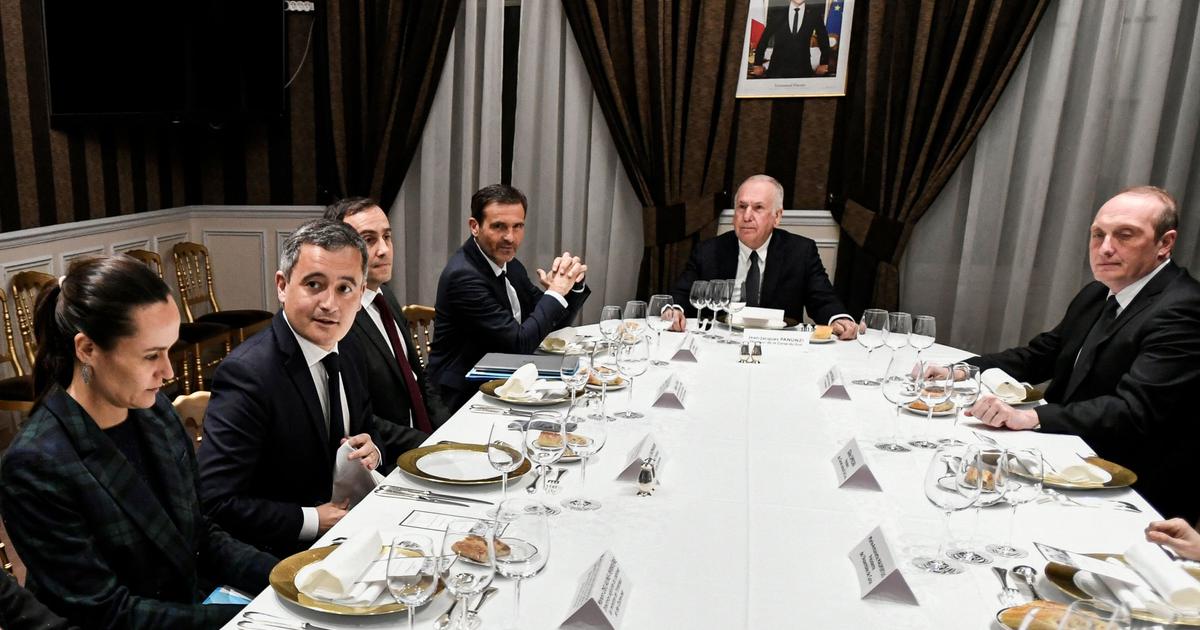
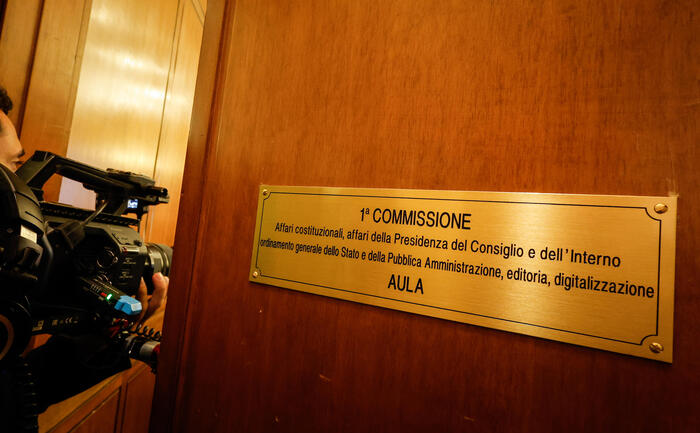
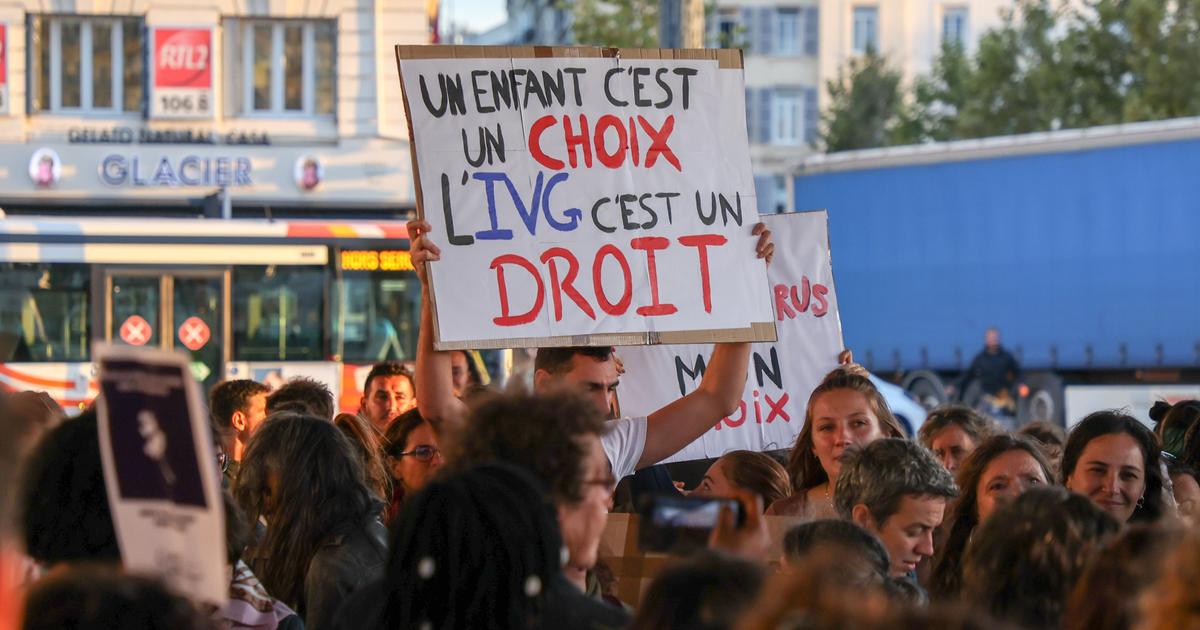


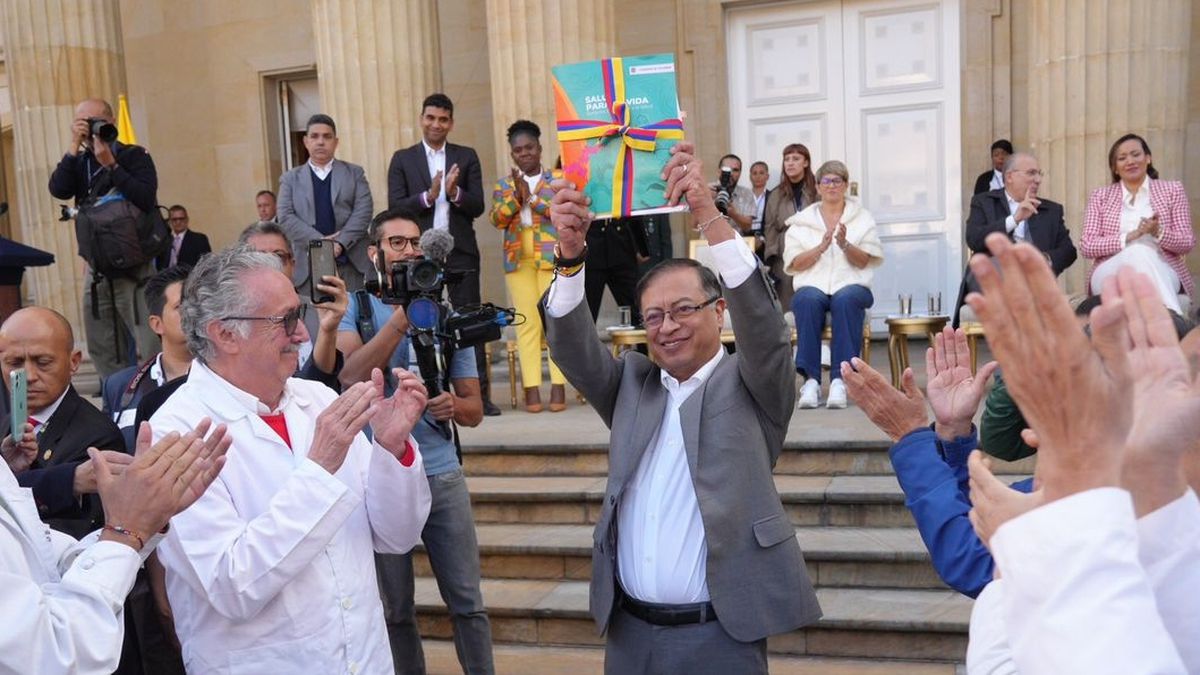
/cloudfront-eu-central-1.images.arcpublishing.com/prisa/2C5HI6YHNFHDLJSBNWHOIAS2AE.jpeg)



